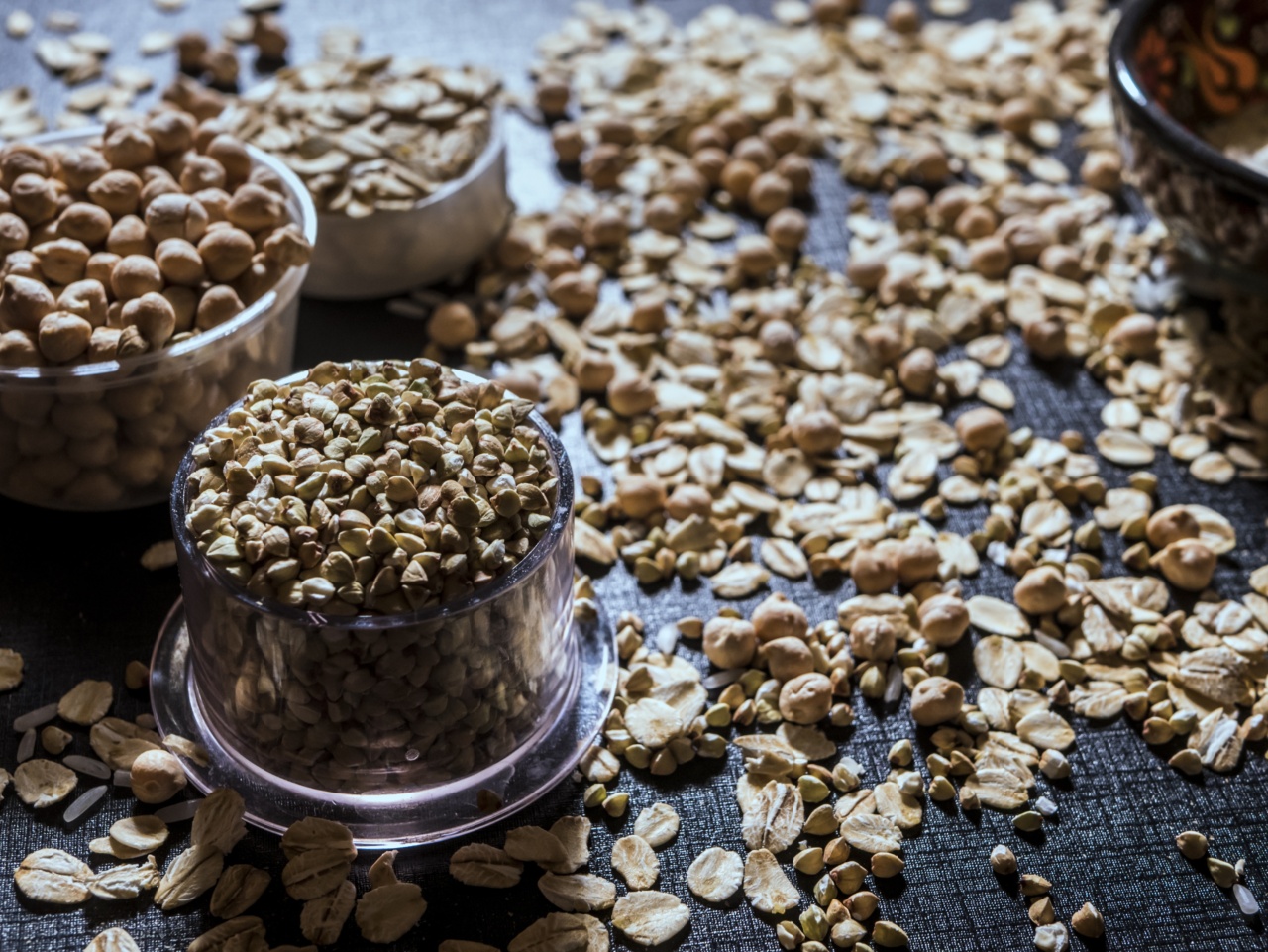The liver is a vital organ responsible for breaking down toxins and filtering waste from the body. It also plays a crucial role in processing nutrients, producing bile, and regulating cholesterol levels.
Due to its essential role in the body, it is essential to take care of it to promote overall health and prevent liver ailments.
Introduction to Whole Grains
Whole grains are an excellent source of fiber, protein, and essential vitamins and minerals beneficial to overall health.
Compared to refined grains, such as white bread and pasta, whole grains are minimally processed and contain all parts of the original grain, including the bran, germ, and endosperm. As a result, whole grains provide many health benefits, including improved digestion, regulated blood sugar levels, and lower risk of chronic diseases such as heart disease and type 2 diabetes.
Why Whole Grains Are Good for the Liver
Research suggests that a diet rich in whole grains can improve liver function and reduce the risk of developing liver diseases, including non-alcoholic fatty liver disease (NAFLD), a condition in which fat accumulates in the liver cells.
Whole grains are rich in insoluble fibers, which promote the growth of healthy gut bacteria and prevent the buildup of toxins and waste in the liver. This way, whole grains protect the liver from the harmful effects of toxins and support optimal liver function.
Whole Grains That Can Protect the Liver
Including whole grains in your diet is an excellent way to support the health of your liver and overall wellbeing. Here are some whole grains that you can incorporate into your diet:.
1. Oats
Oats are a great source of soluble fiber, which helps lower cholesterol levels and regulate blood sugar. They also contain antioxidants, such as avenanthramides, which have anti-inflammatory effects and protect the liver from damage.
Incorporating oats into your breakfast routine is an excellent way to add more whole grains to your diet.
2. Brown Rice
Brown rice is a nutty, fiber-rich whole grain that is easy to incorporate into meals. It is an excellent source of manganese, which is involved in liver function and metabolism.
Brown rice also contains compounds that have a protective effect on the liver and reduce inflammation, including gamma-aminobutyric acid (GABA) and oryzanol.
3. Quinoa
Quinoa is a nutrient-dense whole grain that is high in protein, magnesium, and iron. It also contains saponins, a type of plant compound that has antioxidant and anti-inflammatory properties.
Quinoa is versatile and can be used in salads, bowls, and as a side dish.
4. Whole Wheat
Whole wheat is a staple in many households and can be found in bread, pasta, and baked goods. It is high in fiber, which promotes digestive health and satiety.
Whole wheat also contains compounds that help protect the liver, including lignans and flavonoids.
5. Barley
Barley is a whole grain that is rich in beta-glucan, a type of soluble fiber that helps regulate cholesterol levels and promote healthy gut bacteria.
It also contains antioxidants that have anti-inflammatory and liver-protective effects, such as pyridoxine and tocopherols. Barley is a great addition to soups, stews, and casseroles.
Tips for Incorporating Whole Grains into Your Diet
Here are some tips for incorporating whole grains into your diet:.
1. Swap out refined grains for whole grains
Instead of white bread, pasta, and rice, choose whole grain alternatives, such as whole wheat bread, brown rice, and whole grain pasta.
2. Start your day with whole grains
Choose whole grain cereals, such as oatmeal or quinoa porridge, for breakfast.
3. Experiment with new whole grains
Try new whole grains, such as barley, farro, and freekeh, to add variety to your meals.
4. Add whole grains to soups and stews
Add barley, brown rice, or quinoa to soups and stews to make for a more substantial and nutritious meal.
5. Make your own whole grain snacks
Make your own whole grain snacks, such as muffins, granola bars, or popcorn, for a healthy and satisfying snack.
Conclusion
Incorporating whole grains into your diet is an excellent way to support liver health and reduce the risk of developing liver diseases.
Whole grains are rich in fiber, vitamins, and anti-inflammatory compounds that protect the liver from toxins and promote optimal liver function. By making simple changes to your diet, you can reap the health benefits of whole grains and support your overall wellbeing.




























